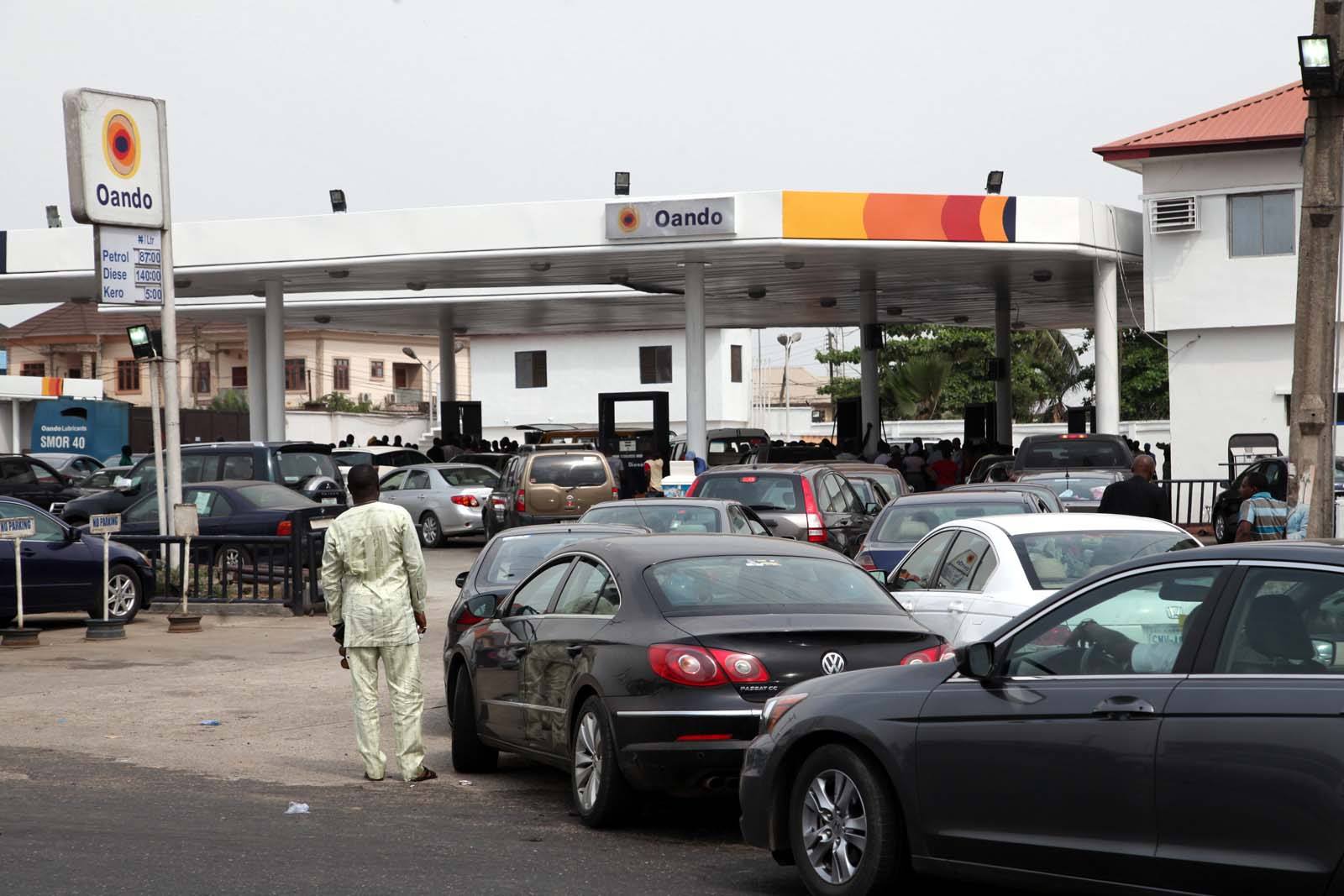ABUJA, Nigeria — The Vice Chairman, Senate Committee on Legislative Compliance, Chief Ede Dafinone, has issued a stern warning to Nigerians to brace for what could be a challenging economic period, especially in the next six months, due to the government’s decision to remove the fuel subsidy.
The call comes when the price of petrol is expected to continue rising, with experts fearing a ripple effect on the broader economy.
On Saturday, July 29, 2023, at a reception honoring federal lawmakers from the Urhobo extraction, Senator Dafinone, who represents Delta Central for the All Progressives Congress, described the subsidy as a “necessary evil” that required removal to rescue the country from imminent economic collapse.
“At this point, the government is putting together policies to ameliorate the situation. But Nigerians must be aware that the next one or two months will be difficult because the petrol price may still go up again, and we must be ready to spend wisely in an economy that will get worse before it gets better,” Dafinone said.
His words were not without reassurance, as he told Nigerians to keep hope alive and be patient with the government’s strategies, saying that the challenges would eventually “fizzle out.”
However, Dafinone’s stance was disagreed with another lawmaker, Benedict Etanabene, representing Okpe, Sapele, Uvwie federal constituency, who accused the government of insincerity.
Etanabene argued against a fuel subsidy, saying, “I do not believe that there is anything called subsidy in the petroleum industry in Nigeria…there’s nothing in life the government should not subsidize. Government should subsidize food, water, and even petroleum should not be an exception.”
Furthermore, he insisted that the proposed palliatives would not lessen the suffering of Nigerians and advocated for reducing the price of fuel to N65.
President Bola Tinubu’s decision to remove the fuel subsidy has stirred both support and criticism, with some lauding the move as necessary for long-term fiscal stability. In contrast, others see it as a potentially damaging blow to the livelihood of everyday Nigerians.
Dafinone defended the President, recalling that during the campaign, all political parties agreed on the need to eliminate the subsidy, and argued that the President’s intentions were not to remove it immediately but were forced by market reactions.
“But as soon as that announcement was made, marketers immediately increased the prices… the President deemed it fit to declare that the subsidy was gone formally. The palliatives that would have been put in place before the actual removal of subsidies, there was no opportunity to put them in place,” he explained.
The removal of fuel subsidies has long been a contentious issue in Nigeria, sparking protests and debates over the years.
The immediate ramifications are likely to be felt most keenly by those with limited incomes, but the long-term economic impacts remain uncertain.
As lawmakers and policy experts continue to wrestle with the economic realities and political fallout of the fuel subsidy removal, Nigerians are left to ponder the uncertainties and potential hardships that may lie ahead.
In a nation grappling with complex economic dynamics, the road to recovery may be long and challenging.







![Honouring a Rare Soul: Celebrating the Life of AVM Terry Omatsola Okorodudu [MUST READ] Air Vice Marshal Terry Omatsola Okorodudu](https://www.thetrentonline.com/wp-content/uploads/2026/01/Joan-and-Bidemi-Okorodudu-The-Trent-100x70.jpg)